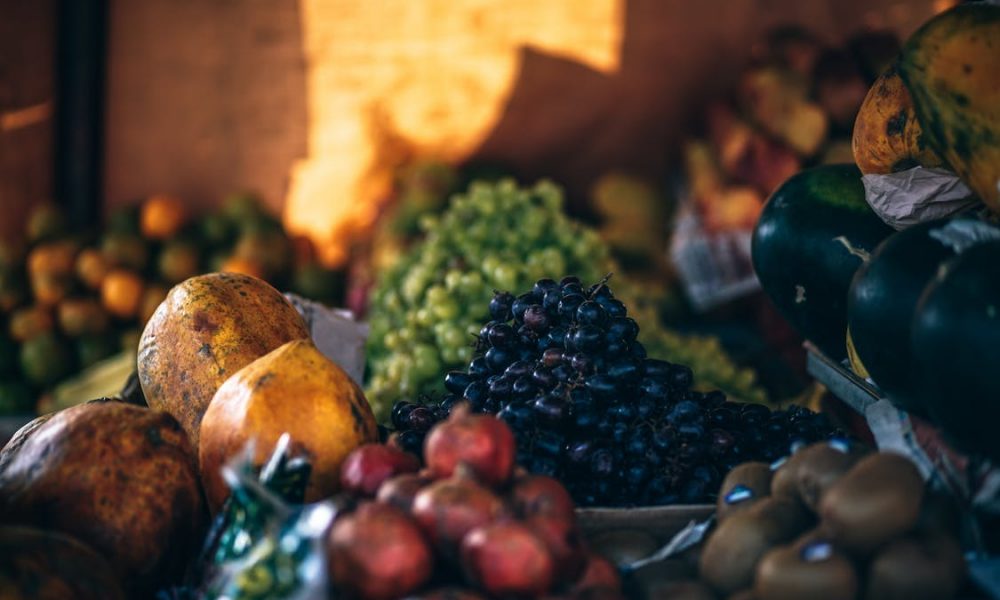
Are You Sure Your Fruits and Veggies Are Clean Enough?

Insecticides and pesticides have been used a lot in the recent thirty years and their health impacts are really bad. Thus, the number of people who buy organic products raises. Nevertheless, in case you are unable to buy organic products, you should pay special attention to the way you clean and store your fruits and vegetables. Here are some of the simple and easy ways to reach the adequate food cleanliness.
#1 – PEEL THEM ADEQUATELY
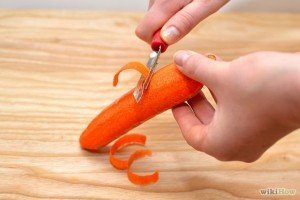
According to some studies, peeling can get rid of both contact and systemic pesticides from the surface of your vegetables and fruits. You could also cut the tops as well as outer sections of leafy vegetables – cabbage, lettuce or celery. This action will remove bacteria and residue that might have been left on the surface.
This is one of the most effective ways for limiting the amount of chemical residue. Peeling and trimming can definitely make your food healthier. However, there are many fruits and vegetables without the skin, so what is to be done in these cases? Check the advice # 2!
#2 – HOMEMADE SPRAYS CAN HELP A LOT!
Soak your fruits and vegetables in salt and vinegar! As simple as that! But if you cannot wait long, you could make use of a spray.
How to make the spray? You should mix 2 teaspoons of lemon juice and 4 teaspoons of white vinegar in a cup of water. Put this mixture in a bottle and shake it vigorously before applying. Rub your fruit or vegetable for about 30 seconds with it by using a vegetable brush or even by your own clean hands.
#3 – BAKING SODA IS A GOOD CHOICE
This is a good choice for sturdy fruits and vegetables. You should sprinkle baking soda on your fruit/vegetable and scrub. Afterward, rinse them under cold running water until you remove all the traces of the baking soda.
It can also be applied on the leafy greens. You should sprinkle baking soda over the leafy greens and let it stay such for about 2 minutes. Afterward, lightly scrub it off and rinse thoroughly.
#4 – DO NOT USE A DISH SOAP OR BLEACH TO CLEAN YOUR FOOD
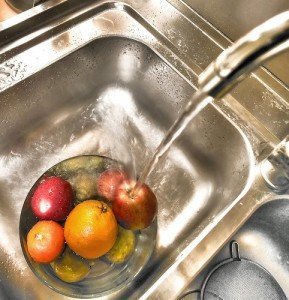
If you have been using these substances for washing your fruits and vegetables, stop immediately! Dish soap or bleach are made up of non-natural materials. They are so dangerous that they can damage your skin or eyes when applied. Hence, they are not meant to be used for cleaning any kind of food.
It is well-known that fruits and vegetables have pores which may trap and absorb bleach or dish soap. Although you may try to rinse it off, it is impossible to remove them from your food. On the other hand, even a small amounts left in your food can have disastrous effects on your health.
#5 – ADDITIONAL WASHING OPTIONS
We have seen that there are many commercial products for food washing available. Anyhow, you should read the ingredient labels carefully so that you could avoid washes that contain harsh chemicals. It is quite pointless to use one dangerous chemical for removing the other one. Here are some of the chemicals which are being sold for this usage:
SOME SHOCKING FACTS ABOUT PESTICIDES AND INSECTICIDES
The Environmental Protection Agency (EPA) said that pesticides can cause many health problems among which there are some birth defects, nerve damage, cancer, and other problems which may arise after their usage over a long period of time.
You can remove some pesticides from fruits and vegetables with proper washing, but you can’t get them all off. Some pesticides are incorporated within the plants while they’re growing and are impossible to be removed by washing. They are called “systemic” pesticides, and ‘live’ inside the plant and that’s where they work to fend off bugs.
These are the main types of systemic pesticides used on food crops:
In some studies conducted by the U.S. Department of Agriculture, 70 percent of broccoli samples and 74 percent of fresh lettuce had imidacloprid residues. Clothianidin was present in potatoes, thiamethoxam in sweet peppers and strawberries, and dinotefuran in some collard greens. This perhaps can lead us to a conclusion that we can be much healthier if we didn’t eat fruits and vegetables at all. What do you think?
More in Weight Loss and Diet
-
Check Your Sodium Intake—Not All Salts You Eat Are the Same
Salt is one of the most basic and most important ingredients in cooking. There are a lot of variants of salt...
November 1, 2023 -
Worried About Diabetes? Here Are Some Common Myths
There are several myths about diabetes that are frequently reported as facts. Diabetes misrepresentations can sometimes be harmful, leading to an...
June 29, 2023 -
Many Patients Pay Their Medical Costs Out Of Their Pockets – Even With Insurance
With rising inflation, it has become difficult for people to even fulfill their basic necessities. They are more concerned about how...
June 6, 2023 -
What Is The Right Weight For Kids And How To Gain Weight Healthily
Keeping your child happy and healthy is the primary concern of every parent. Parents usually focus on providing their young ones...
May 12, 2023 -
Thyroid Disorders in Children: What Parents Need to Know
Thyroid disorders are not limited to adults; they can also affect children. The thyroid gland produces hormones that play a crucial...
April 29, 2023 -
Should Doctors Attend To Patients With ‘Do Not Resuscitate Tattoos’?
Doctors at the University of Miami hospital were confronted with a dilemma when a 70-year-old unconscious man with a tattoo “do...
April 3, 2023 -
Your Antidepressant May Not Work If You Keep Doing This One Thing
People use social comparison to measure their self-worth. Social comparison has been in existence since time immemorial, and it is as...
April 1, 2023 -
Pro Tips on Preventing Hair Breakage While Keeping Your Hair Moisturized at Home
Every one of us is thinking a lot about how to forestall hair breakage and keep them moisturized at home. Since...
March 22, 2023 -
Planning to Travel After Retirement? This is the Best Medicare Coverage for You
Does Medicare insurance go with you once you are out of the country? It’s currently open enrollment period, and while planning...
March 14, 2023

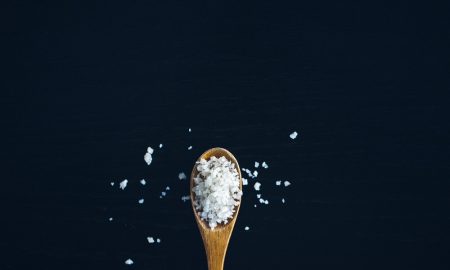
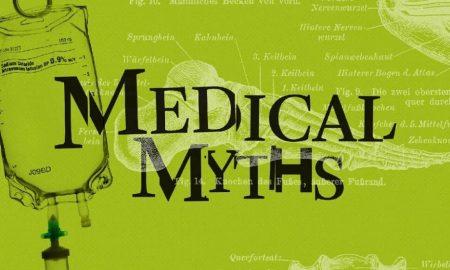

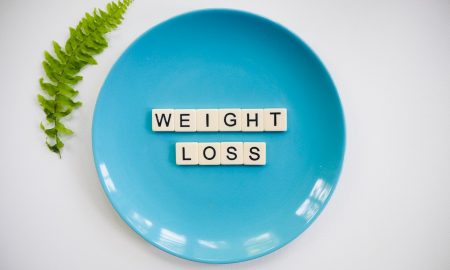










You must be logged in to post a comment Login